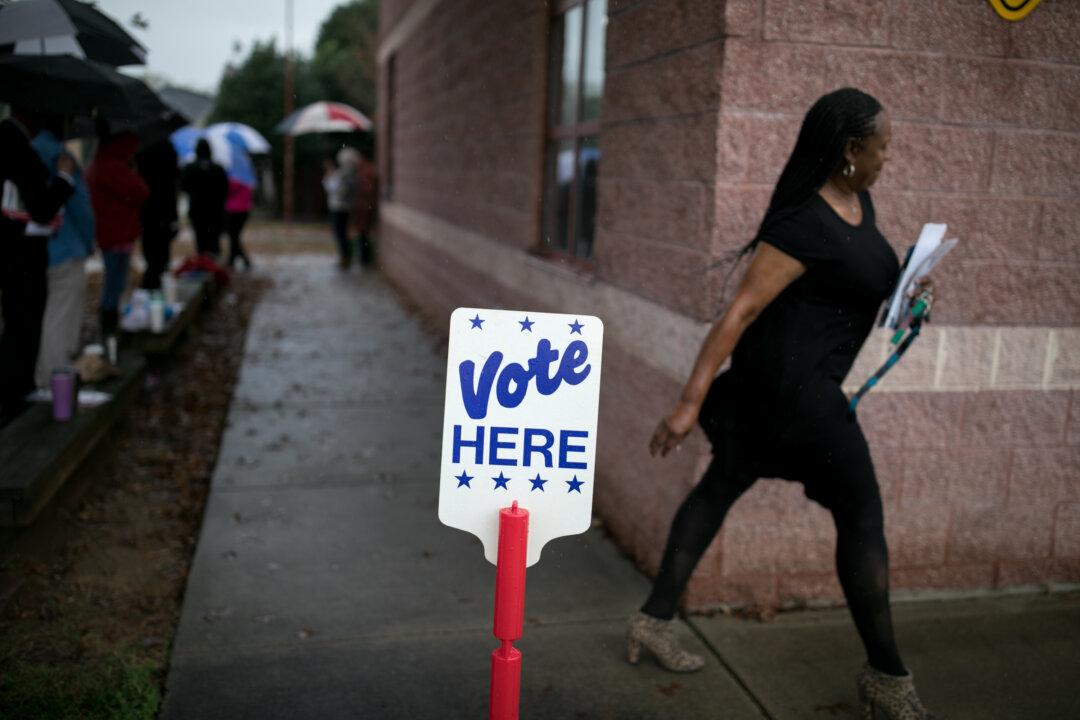Some 56,000 North Carolina felons who are on parole, probation, or supervised release, will have their voting rights restored, a judicial panel said on Monday.
The 2–1 ruling, in a state Superior Court in Raleigh, immediately reinstates voting rights to North Carolina residents convicted of felonies but whose current punishments don’t include prison time.





